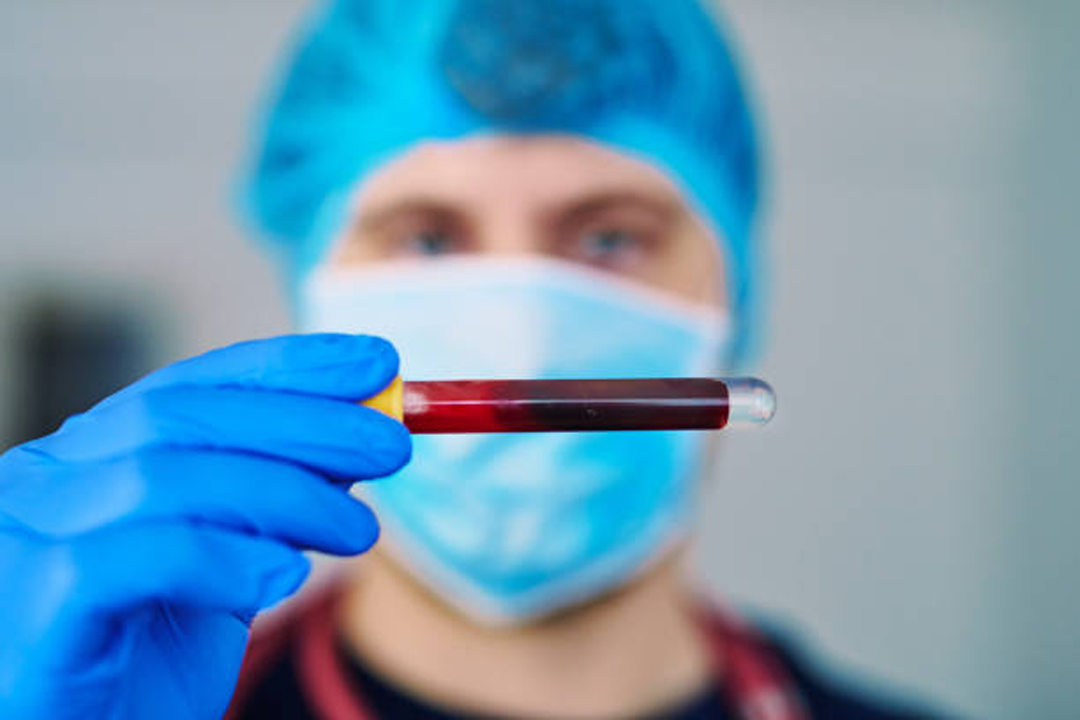
Bloodborne pathogens are viruses that can be transmitted through blood. This sounds scary, but fortunately, the risk of contracting these diseases is relatively low unless you’re a healthcare worker or live in areas with a high infection rate. Suppose you regularly work in food or beverage production, vet services, laboratory testing, or another job that exposes you to bodily fluids.
In that case, it’s essential to understand the dangers of bloodborne pathogens and how you can protect yourself at work. Read on to learn more about the risks of bloodborne pathogens and how you can reduce your risk of exposure at work.
What Are Bloodborne Pathogens?
Bloodborne pathogens are infectious diseases that can be transmitted through contact with blood. They include viruses, bacteria, and parasites. Bloodborne pathogens are present in human blood, other bodily fluids, and tissues.
Infection is most likely to occur if you are exposed to the list of bloodborne pathogens through open wounds or mucous membranes. Bloodborne pathogens can be found in the workplace if you come into contact with human blood or other infectious materials.
Bloodborne pathogens include hepatitis B virus (HBV), hepatitis C virus (HCV), and human immunodeficiency virus (HIV). Hepatitis B and C are viruses that damage the liver. They are the most common bloodborne pathogens in the United States.
People can get these viruses by coming into contact with blood that contains the viruses. Hepatitis B is transmitted by contact with an infected person’s blood, semen, or bodily fluids. Hepatitis C is transmitted by similar means, as well as by unsterilized medical instruments.
Human immunodeficiency virus (HIV) is the virus that causes AIDS. HIV can be transmitted through blood, including blood in the saliva of an infected person. HIV can also be transmitted through bodily fluids containing blood, such as semen and vaginal fluids.
Why are there Dangers of Bloodborne Pathogens at Work?
Bloodborne pathogens are transmitted when blood comes into contact with an open wound or broken skin. If proper precautions are not taken, bloodborne pathogens can be transmitted from one person to another.
Bloodborne pathogens can also be transmitted when blood from an infected person gets on a surface that other workers touch. There are approximately 6,000 confirmed cases of occupational bloodborne infections annually in the US.
The risks of acquiring a bloodborne infection depend on your work, the bloodborne pathogens you are exposed to, and your protection against exposure. Healthcare workers have a high risk of infection because of the pathogens they encounter.
The risk of contracting a bloodborne infection is low in food and beverage production because the pathogens are found in blood and other bodily fluids. HIV is transmitted through blood only. Other common bloodborne pathogens can be transmitted through other body fluids, such as saliva.
What are the Risk Factors for Exposure to Bloodborne Pathogens?
A few risk factors can increase your likelihood of being exposed to bloodborne pathogens.
- Loose or broken skin – Open wounds are susceptible to infection from bloodborne pathogens. Broken skin that is exposed to blood may also become infected.
- Poor hygiene practices – If you have cuts on your hands, keeping them clean and covered is essential to reduce the chance of bloodborne pathogens entering your bloodstream. Similarly, if you have an open wound on your hand, it is essential to keep it covered.
- Working with needles and other sharp objects – If you work with needles or other sharp instruments, you should take precautions to avoid a cut or puncture wound.
- Working near others – If you work in an environment near others, you may be exposed to bloodborne pathogens through close contact with blood.
- Not wearing Personal Protective Equipment (PPE) – If you are required to wear PPE and do not, you are at a higher risk of being exposed to bloodborne pathogens.
How to Protect Yourself from Exposure to Bloodborne Pathogens?
You can do a few key things to protect yourself from exposure to bloodborne pathogens.
- Take care of your health – If you have an illness or open wound, it is important to stay home until you can protect yourself and others from infection.
- Wash your hands – It is essential to practice good hygiene and wash your hands thoroughly and regularly at work.
- Cover open wounds – If you have an open wound at work, it is crucial to cover it with a bandage that protects against contamination.
- Use the right PPE – Ensure you are using the right PPE to protect yourself from exposure to bloodborne pathogens.
- Report spills and accidents – If there is a spill of blood or other bodily fluids at your workplace, you should report it to your supervisor. If you are injured at work, report it as well.
- Know the signs and symptoms of bloodborne pathogens – You may not know if you have contracted a bloodborne pathogen, but you can look out for symptoms that indicate you may have been exposed.
- Try to keep positive mental health – It is essential to maintain positive health since stress and anxiety can weaken the immune system. This means avoiding drugs and alcohol, which can also weaken your immune system.
- Get tested – If you have been exposed to bloodborne pathogens, it can take a couple of weeks for your body to produce antibodies that can be detected in a blood test. You can also choose to get vaccinated against hepatitis B and hepatitis C.
Final Words: The Importance of Utilizing Protective Equipment
While taking the proper precautions to protect yourself from bloodborne pathogens, you must also ensure your workplace is safe. Use the right equipment, like gloves, boots, and respirators. This will protect you from bloodborne pathogens and other hazards, such as chemicals or hazardous materials.

